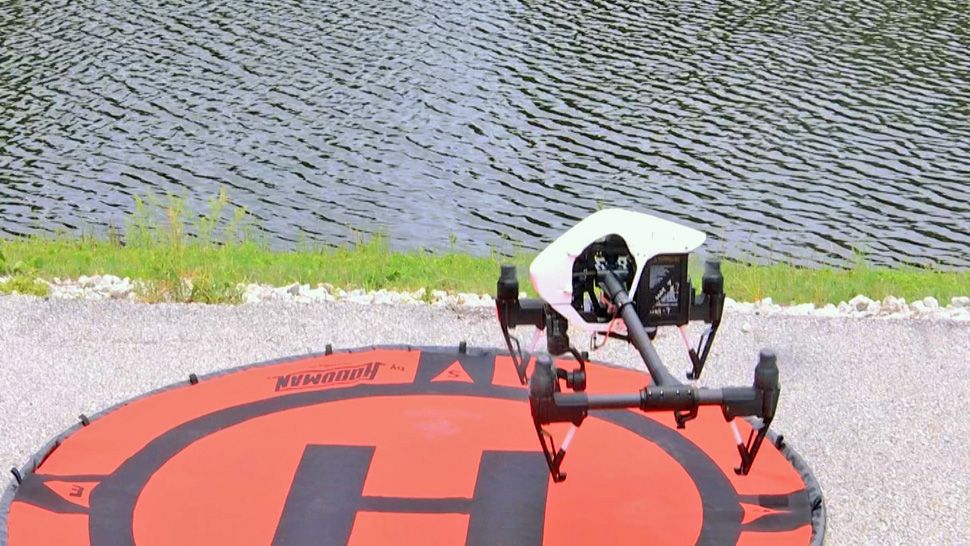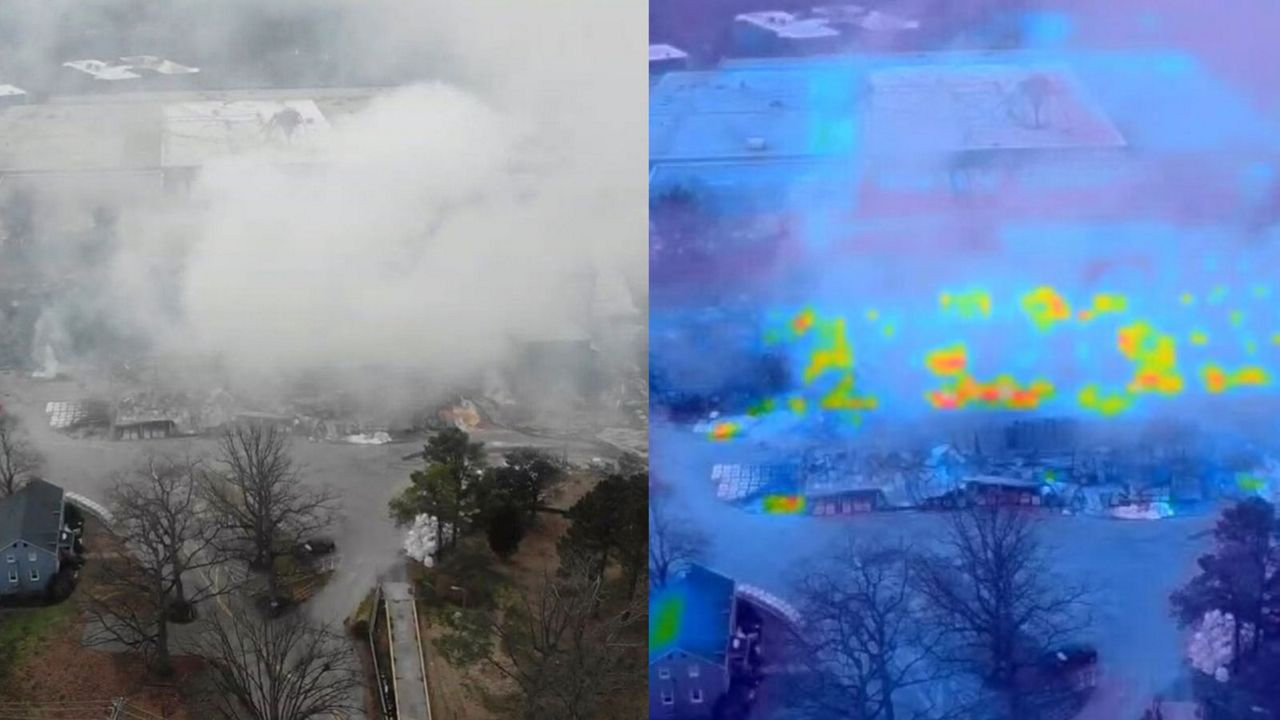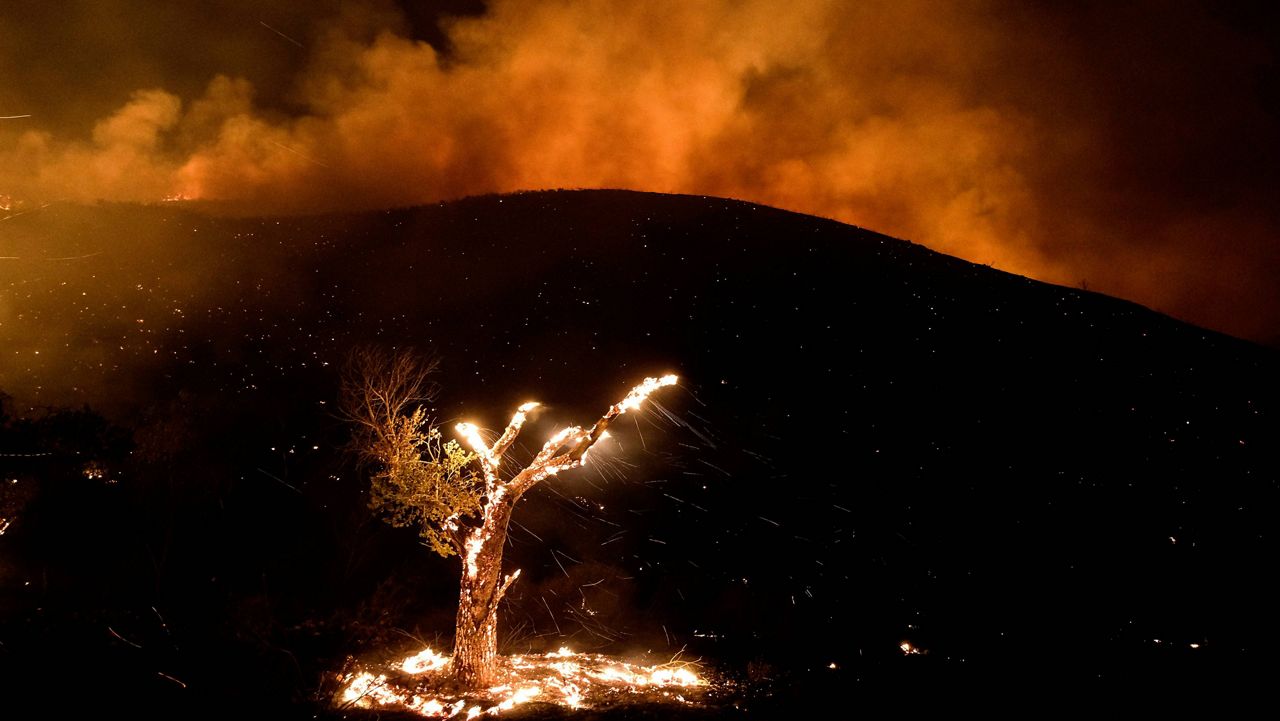Drones have long been used for journalism, military surveillance delivery and health care needs, but more recently, drone technology has advanced to help the fight against wildfires across Texas.
What You Need To Know
- New drone technologies like thermal imaging seek hard to find hotspots
- 3D mapping in real time keeps firefighters safer when winds shift
- Soon drones could be dropping fire retardant and water to affected areas
They deploy in under a minute and monitor the spread of the fire, identify hotspots and help firefighters on the ground to increase containment. Drones are today’s firefighting heroes!

Specifically, firefighter drones go to fire locations as scouts, using cameras with thermal imaging technology. These drone cameras help by seeing in the low light-dark conditions and they can detect irregularities on various infrastructures.
With this data, firefighters can better plan on how to monitor the spread of the fire, control the fire and safeguard homes. This helps to avoid injury while fighting fires and rescuing survivors.
Constant interaction between fire and atmosphere conditions causes dynamic and local changes in wind speed. During a fire, when firefighters are engaged in extinguishing a blaze, drones can send an “early warning” to firefighters if they are in danger or if local winds shift and divert the fires toward personnel.
Drones can also help in search and rescue missions using infrared imaging. They can sense movement and detect human body heat, leading fire fighters to those in need.
This summer during the Nelson Creek Fire in Walker County, Texas, a quadcopter drone was deployed that had specialized RGB sensors. It was a unique fire that was very large and encompassed a mature timber plantation.
These downed trees kept a lot of heat, so there were numerous hotspots scattered across the fiery landscape.

Without the drone's GIS information, this would have been extremely dangerous to ground support, but with every hotspot precisely plotted, they could engage with the fire and put it out in record time.
In the United States, 43 states have active drone programs, with the highest number of drones found in Texas at 28. The reason there aren’t more drones in use across the United States is perhaps because of their price tag. Industrial drones used for firefighting applications typically start around $10,000.
The future of drone technology does more than act as our eye in the skies. Companies are developing workhorse drones able to transport gallons and gallons of water by air. In the plains of central Spain, about 90 minutes south of Madrid, a firefighting robot is taking flight. California has drones that can drop fire retardant on hot spots.
It’s exciting to see the new drone technologies and how they can assist us in rapid containment and ensuring safety in the years to come. Since 2000, an average seven million acres of land has been destroyed every year in the United States, hopefully partnering with drones will bring that number down.
Our team of meteorologists dives deep into the science of weather and breaks down timely weather data and information. To view more weather and climate stories, check out our weather blogs section.



